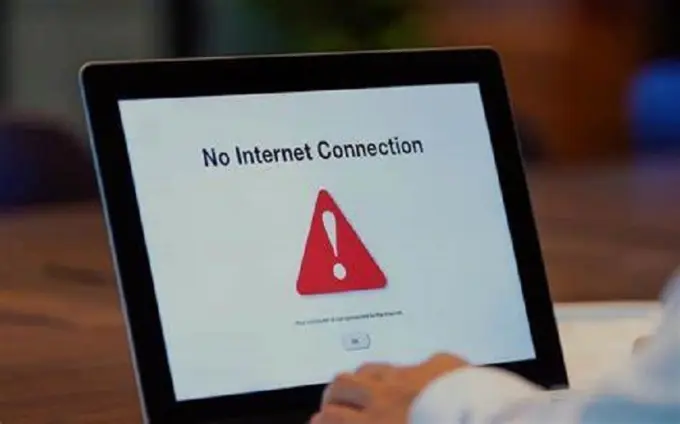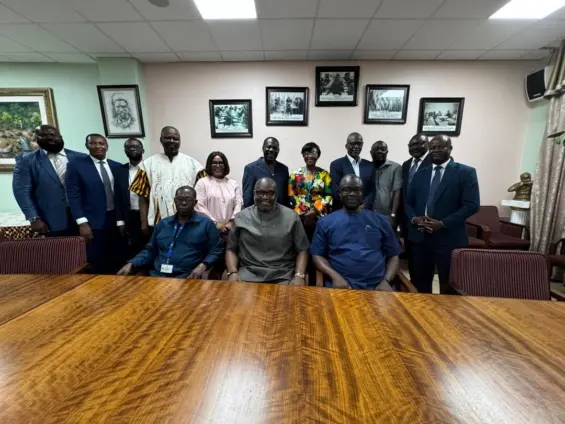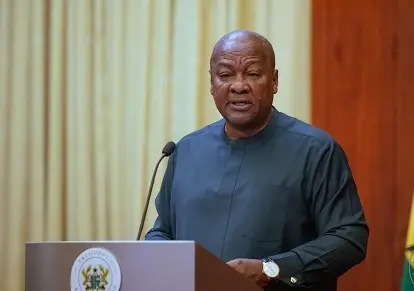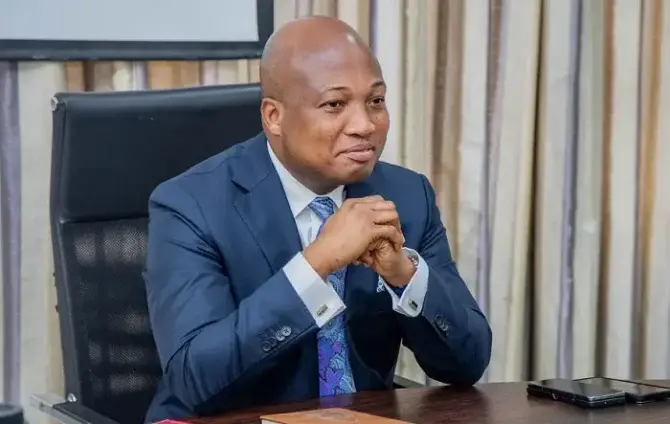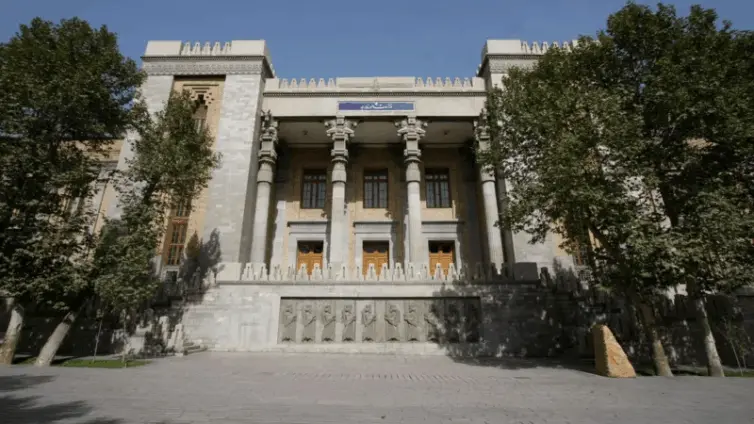For many Kenyans, access to the internet has become as essential as electricity or running water. It’s a lifeline for commerce, education, and civic engagement. So when the government has, on occasion, curtailed that access, it has sparked outrage and concern, culminating recently in a landmark lawsuit filed by seven organizations against the Kenyan government and several telecom companies. The suit aims to protect the digital rights and freedom of expression of Kenyan citizens, challenging the legality of politically motivated internet shutdowns. A court order has already been issued, preventing further shutdowns while the case proceeds.
The coalition of organizations, including ICJ Kenya, BAKE, Paradigm Initiative, KUJ, Katiba Institute, LSK, and CIPESA, argue that these internet shutdowns in Kenya violate fundamental constitutional rights. The outcome of this legal battle could set a precedent for digital rights across Africa.
The defendants include the Communications Authority of Kenya (CA), the Attorney General, the Cabinet Secretary of Information, Communications and the Digital Economy, Safaricom, and Airtel Kenya. The plaintiffs allege these entities are directly responsible for ordering or implementing the internet restrictions.
The Lawsuit: Challenging Internet Shutdowns in Kenya
The heart of the lawsuit rests on the argument that internet shutdowns in Kenya are a direct violation of the Kenyan Constitution. Articles 33, 34, and 35, which guarantee freedom of expression, media freedom, and access to information, are cited as the basis for the legal challenge. The plaintiffs contend that by restricting internet access, the government infringes upon these constitutionally protected rights.
Recent events have heightened concerns about the government’s willingness to limit online access. During the 2023 #RejectFinanceBill protests and the 2024 KCSE exams, reports surfaced suggesting deliberate restrictions on internet connectivity. These instances, according to the plaintiffs, demonstrate a pattern of suppressing dissent and controlling information flow.
Evidence of internet interference has been gathered from various sources, including Cloudflare, IODA, and OONI. These organizations specialize in monitoring network traffic and website accessibility, providing crucial data on disruptions and censorship. Their data reveals patterns consistent with intentional throttling or blocking of internet services during sensitive periods.
According to the plaintiffs, these internet restrictions have far-reaching consequences, affecting not only freedom of expression and media freedom but also access to information and economic and social rights. For example, businesses that rely on online transactions suffer financial losses, and students are unable to access educational resources.
Key Statements from Involved Parties
“As organisations committed to defending civic freedoms, we condemn the escalating use of digital repression to silence dissent, manipulate information flow, and erode democratic participation,” said Eric Mukoya, Executive Director of ICJ Kenya. His statement underscores the plaintiffs’ belief that internet shutdowns in Kenya are a deliberate tactic to suppress opposition and control the narrative.
Kennedy Kachwanya, Chairperson of BAKE, added, “The outcome of this case will have far-reaching implications for millions of Kenyans who rely on unimpeded connectivity for livelihoods, education, and civic engagement.” His words highlight the potential long-term consequences of the lawsuit for the future of Kenya’s democracy.
These statements emphasize the importance of digital rights as fundamental human rights. They underscore the belief that access to the internet is not a privilege but a necessity for modern life, and that restricting this access undermines democratic principles and hinders economic development.
What the Organizations Hope to Achieve
The organizations involved in the lawsuit seek a court declaration that internet shutdowns implemented without a clear legal basis are unconstitutional. They aim to establish a precedent that protects digital rights and promotes transparency and accountability in internet policy management. Ultimately, they hope to create a system where decisions about internet access are subject to public oversight and judicial review.
The long-term impact of this case could extend far beyond Kenya’s borders. A successful outcome could strengthen digital rights protections across Africa, inspiring similar legal challenges and promoting greater internet freedom throughout the continent.
The lawsuit against internet shutdowns in Kenya represents a pivotal moment in the fight for digital rights. The outcome of this case will have a profound impact on the future of internet freedom in Kenya and beyond. It serves as a reminder that the internet is not just a tool for communication and commerce but also a vital platform for democracy and civic engagement. As the case progresses, it is crucial for citizens to stay informed, engage in the debate, and support initiatives that promote digital rights.
Image Source: MYJOYONLINE

